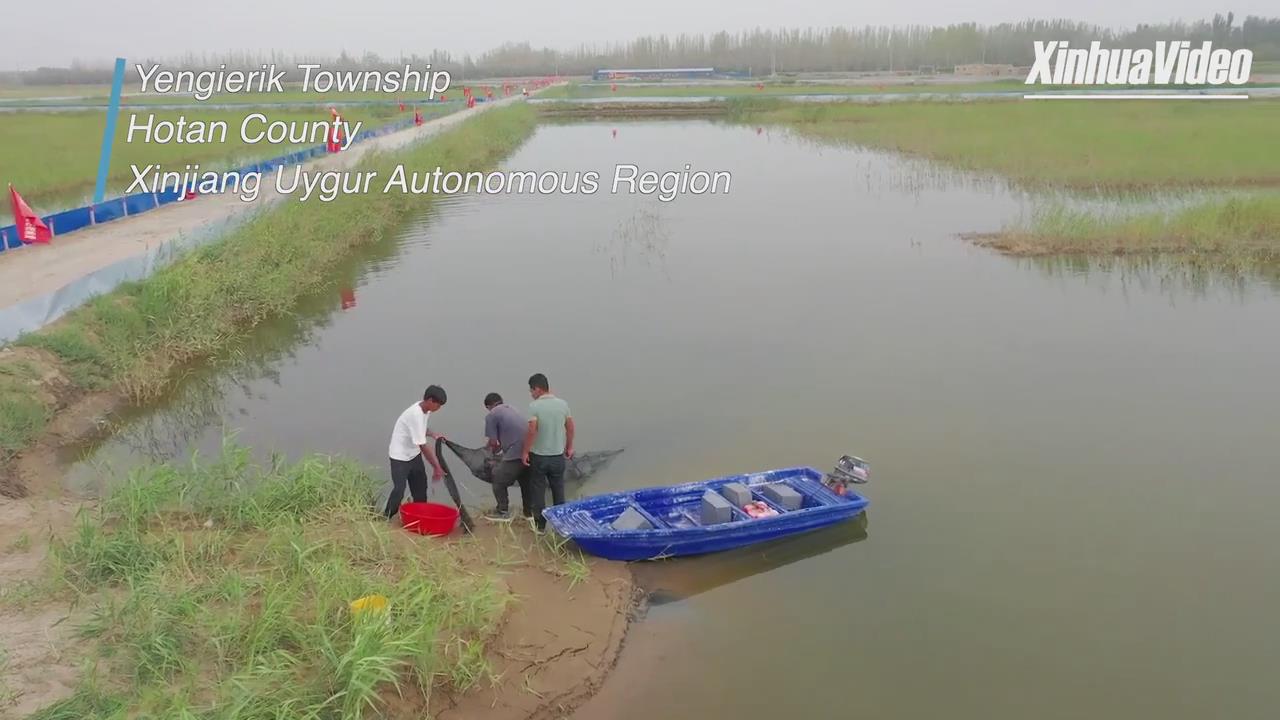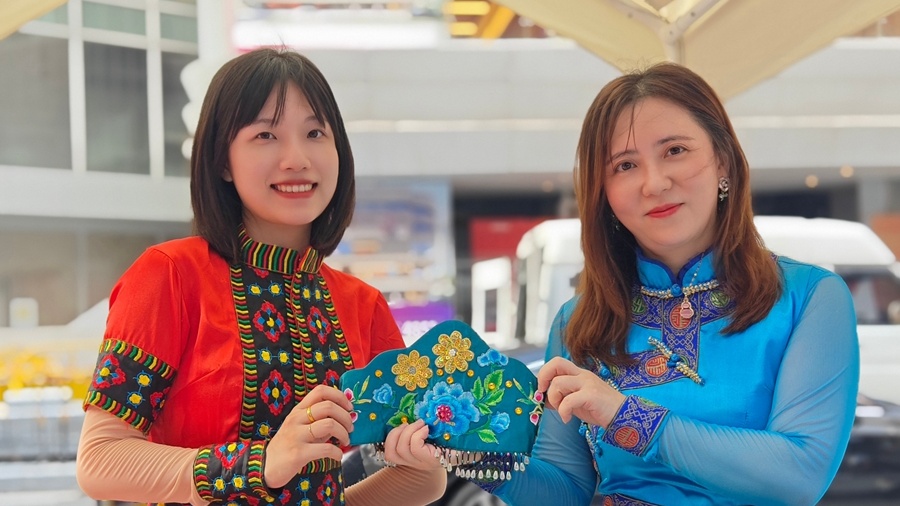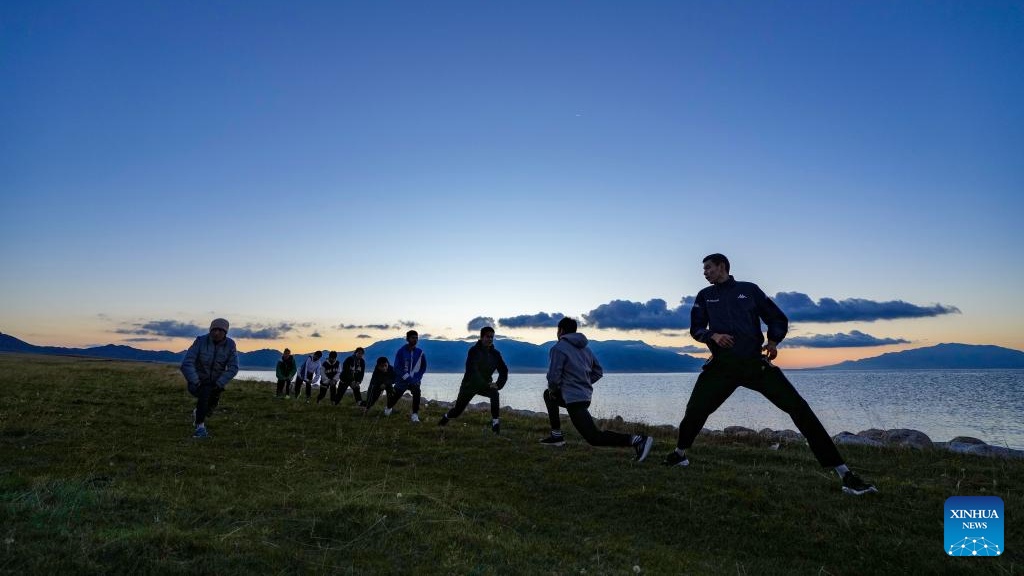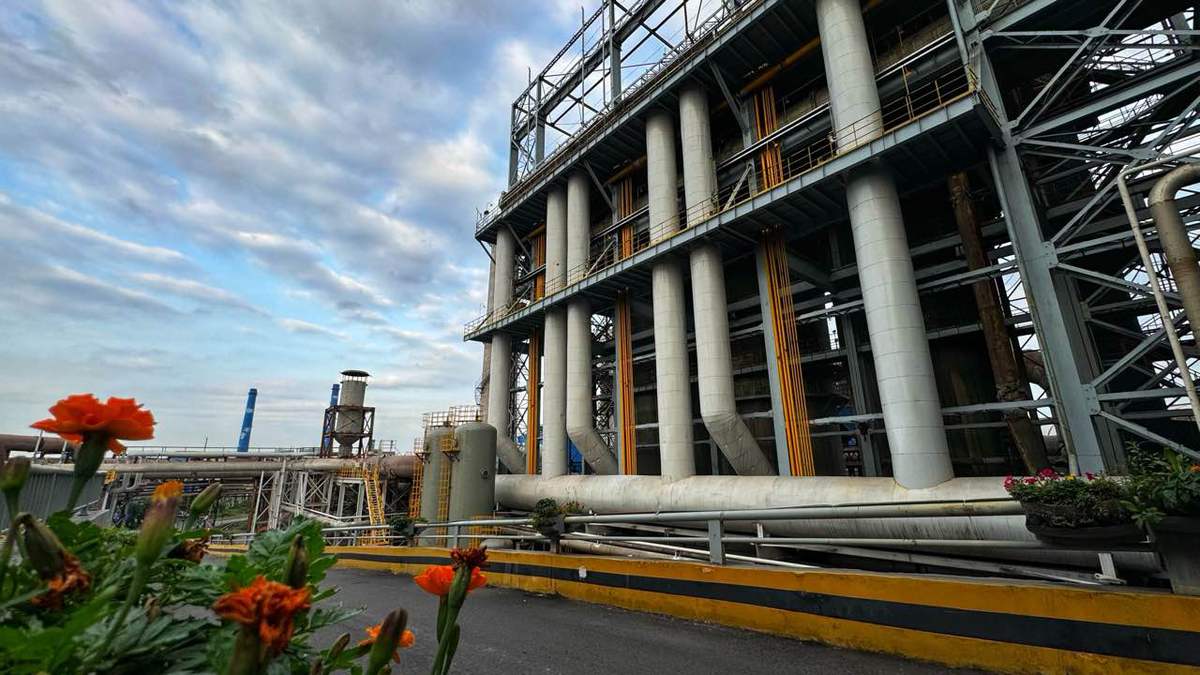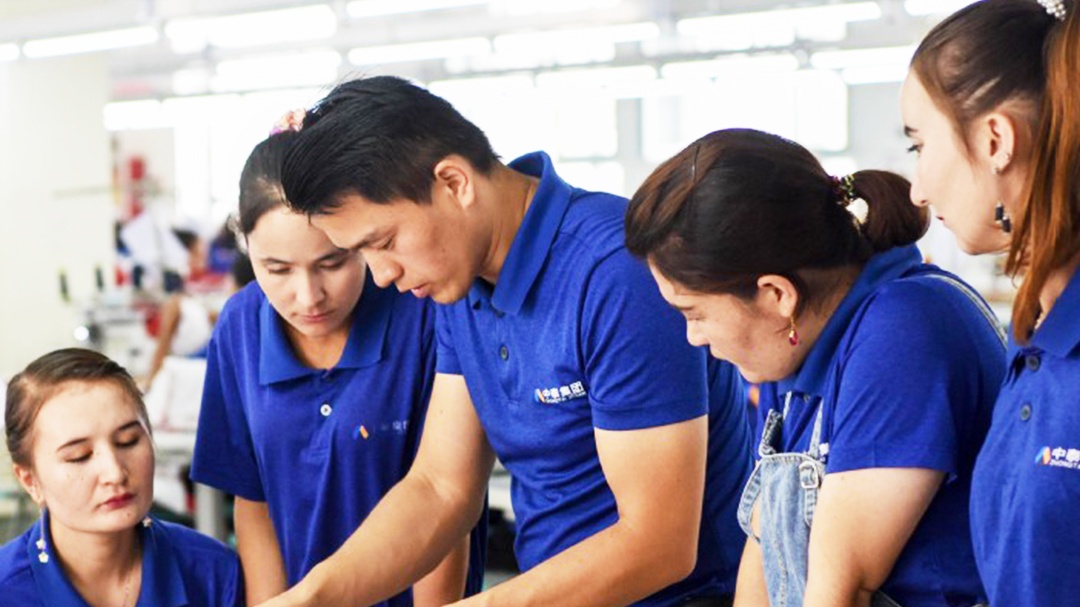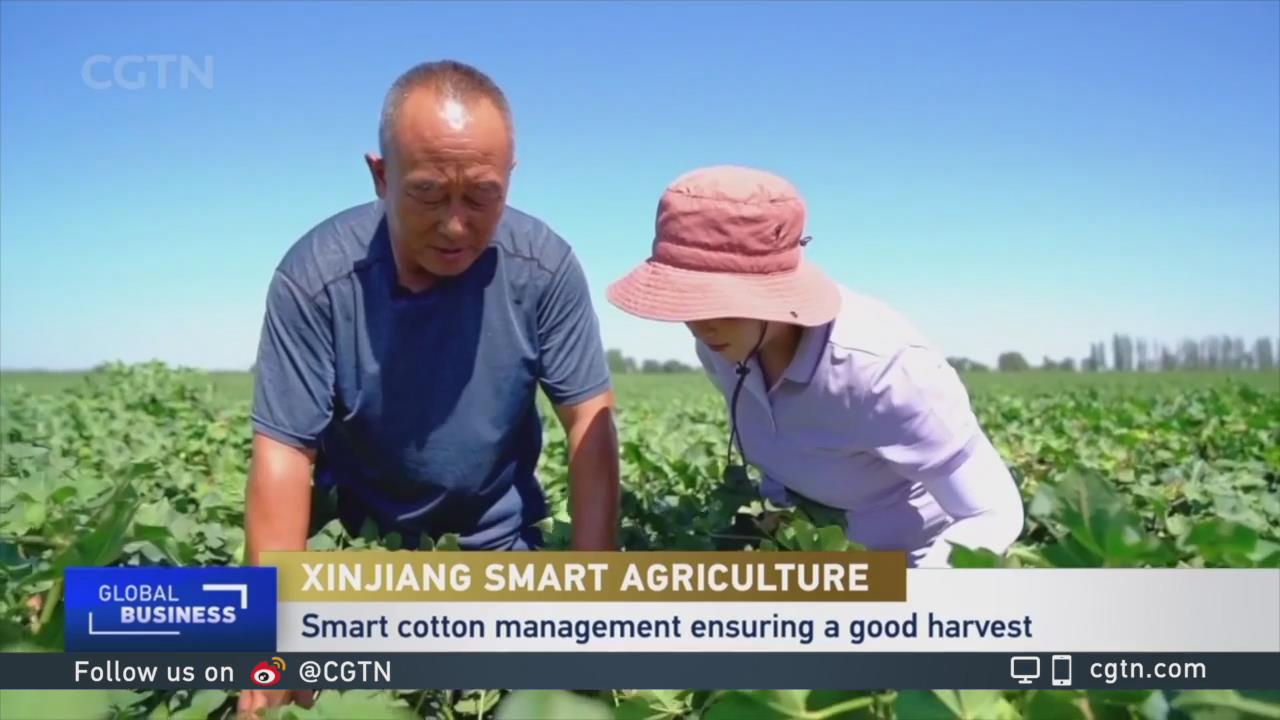On her first trip to northwest China's Xinjiang Uygur Autonomous Region, Li Peiling, a tourist hailing from the south, chose to experience the delights of a ski resort nestled in the Tianshan Mountains.
"I discovered through social media that this is the warmest ski resort in Xinjiang, and it's conveniently located near the renowned Tianchi Lake," said Li, brimming with excitement.
Though it starts operations relatively late in the winter season, the Tianshan Tianchi international ski resort has garnered popularity among ski enthusiasts due to its mild winter temperatures and proximity to various other scenic spots. "Thanks to livestreaming, our popularity has surged, attracting over 2,000 visitors daily at peak times," said Liu Yang, the marketing director of the ski resort.
With winter sports gaining momentum across China, Xinjiang is leveraging its prolonged snow seasons, high-quality snow and diverse terrains to establish top-notch skiing resorts. Two major ice and snow tourism belts have emerged along the Tianshan and Altay mountain ranges.
Jia Rui, an official with the Culture and Tourism Department of Xinjiang, noted that the region now boasts 188 ice and snow venues. During the 2022-2023 snow season, the region's S-level ski resorts hosted over 2 million visitors.
At the Jiangjun Mountain International Ski Resort in Altay Prefecture, even with temperatures plummeting to around minus 20 degrees Celsius, well-equipped skiers queue up in front of chairlifts and cable cars, eager to hit the snowy trails.
Altay has been revered as the birthplace of skiing since ancient cave paintings depicting the Stone Age skiers were discovered in the prefecture in 2005. The area has seen the busiest time of the year since the snow season began, with the Jiangjun Mountain ski resort alone welcoming an average of more than 5,000 visitors every day.
In 2023, the construction of two resort clusters with a total investment of 2.5 billion yuan (about 351.63 million U.S. dollars) kicked off in Altay. According to the local tourism authority, 71 new hotels, guesthouses and homestays have recently commenced operations, providing a total of 52,000 bed spaces for winter vacationers.
"Coming to Altay to ski on fresh powder is one of the best experiences in the skiing community," said skiing enthusiast Wang Hanyu, who has frequented Altay for several years. This year, she plans to embark on a self-driving tour of the surrounding areas before indulging in skiing.
"After numerous visits, I want to delve deeper into understanding the local ethnic customs and culture," she added.
To cater to the increasingly diverse tourist demands, Xinjiang is pioneering new ice and snow consumption trends by integrating with cultural and folk elements to stimulate the development of various industries.
In the Narati scenic area in Ili Kazak Autonomous Prefecture, traditional ethnic activities such as snow horse racing take center stage. The area also offers tourism experiences like visits to the herders' yurts.
At an intangible cultural heritage exhibition base in Altay, several craftsmen are busy making horsehide snowboards. "We've also designed mini snowboards as tourist souvenirs, which are highly popular among visitors and bring in an annual sales revenue of 60,000 yuan," said Huaneshbek Silanbek, an inheritor of horsehide snowboard crafting skills.
The expansion of the ice and snow industry has also translated into substantial incomes for farmers and herders. Tarat Village in the county of Fuyun, once dependent on agriculture and animal husbandry, experienced a transformation with the opening of the Koktokay international ski resort in 2020.
Hayratbek Musay is in charge of snowmaking in the ski resort, and together with his wife, who is also employed here, they earn a monthly income exceeding 10,000 yuan. Likewise, the guesthouse run by Kulparan Habelhazi's family generates an annual net income of about 100,000 yuan. Their financial situations have significantly improved compared to their previous livelihoods as farmers.
New growth opportunities have emerged in Xinjiang's ice and snow sports equipment manufacturing industry. Liao Yuan is the manager of an Urumqi-based ski equipment company that specializes in the production of skiing cable cars, magic carpets, snowmaking equipment, snowboards, and more.
"Our skiing equipment sales have been increasing every year, and we are currently preparing to export our magic carpets overseas," Liao said.

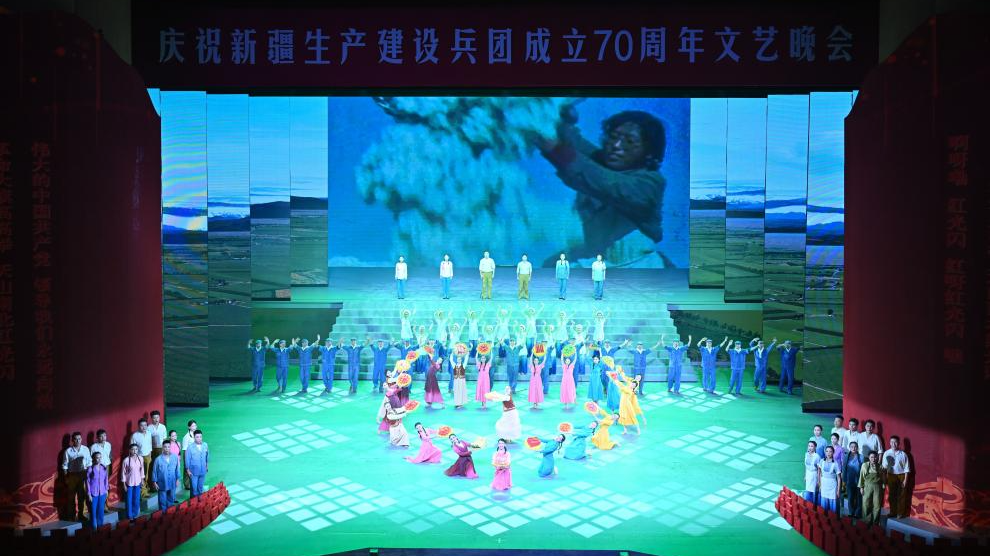

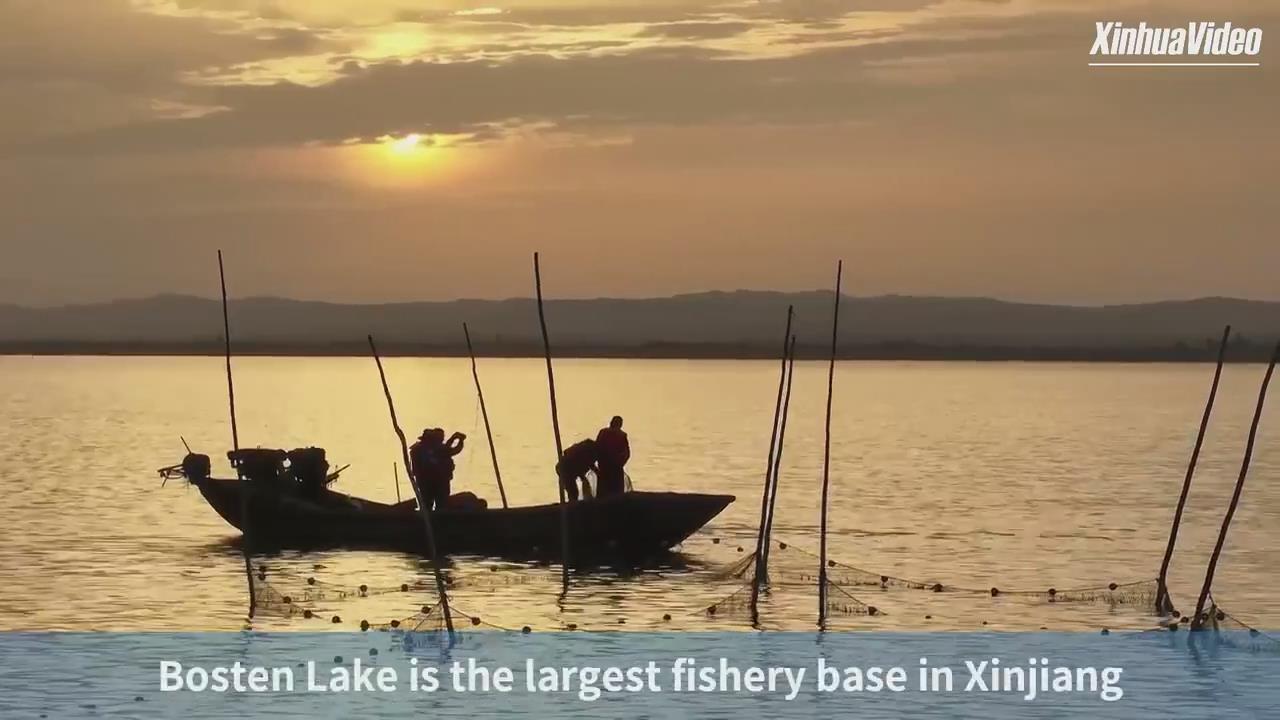
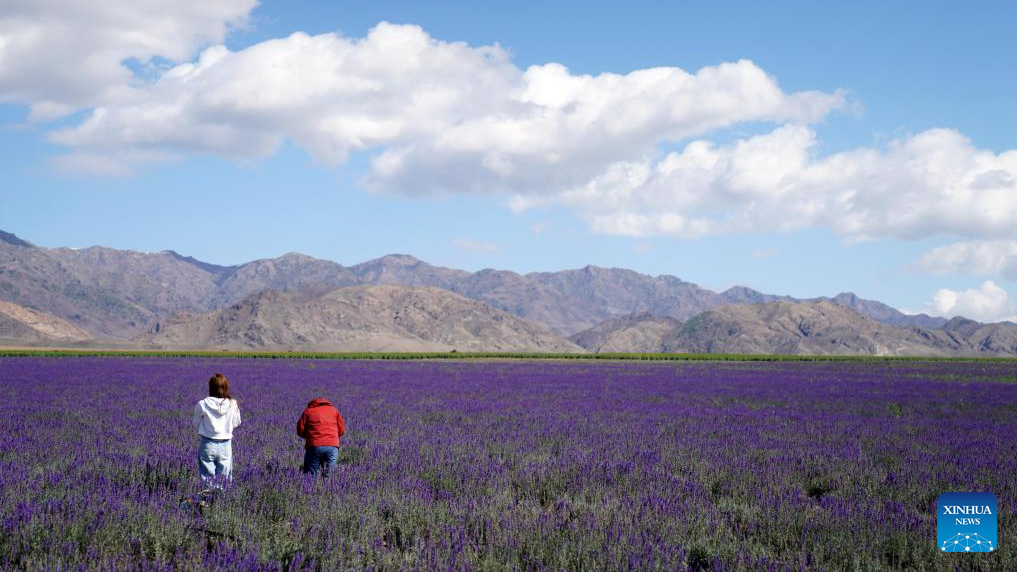
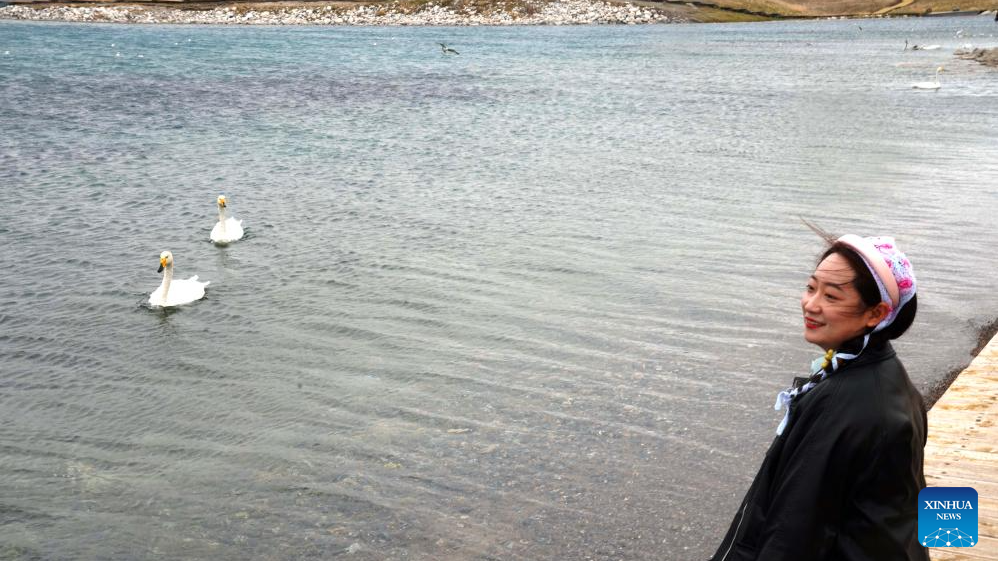
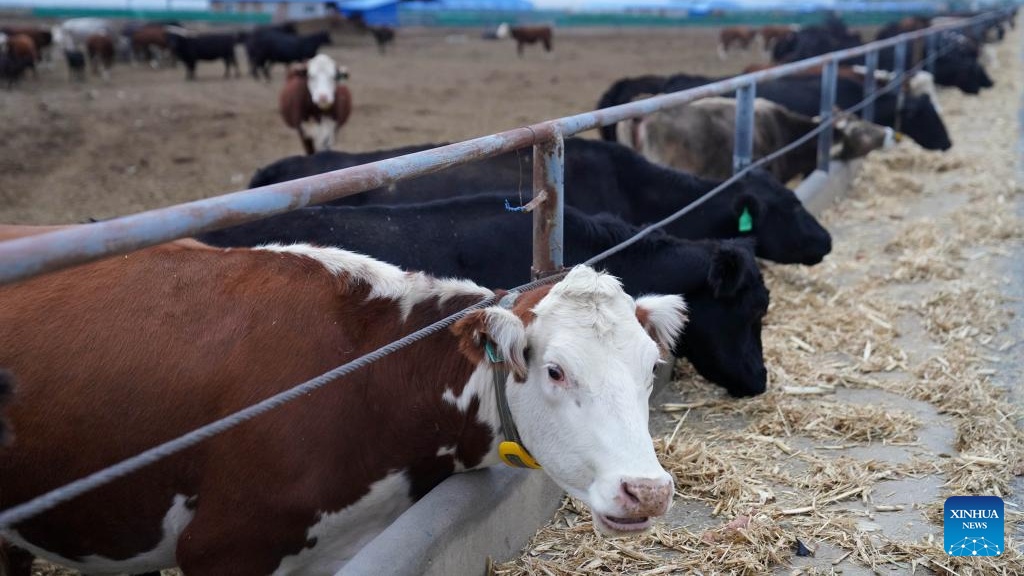
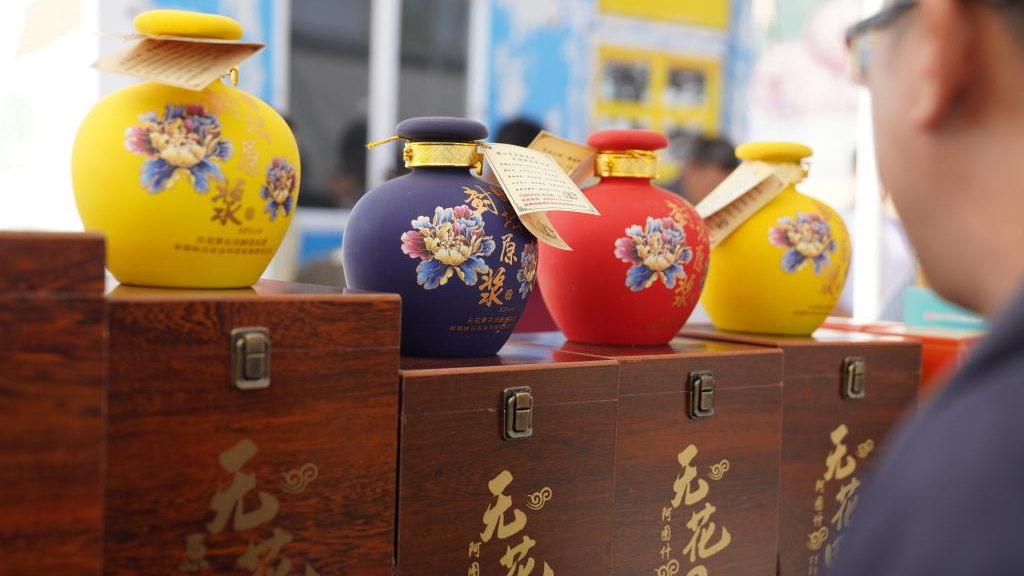

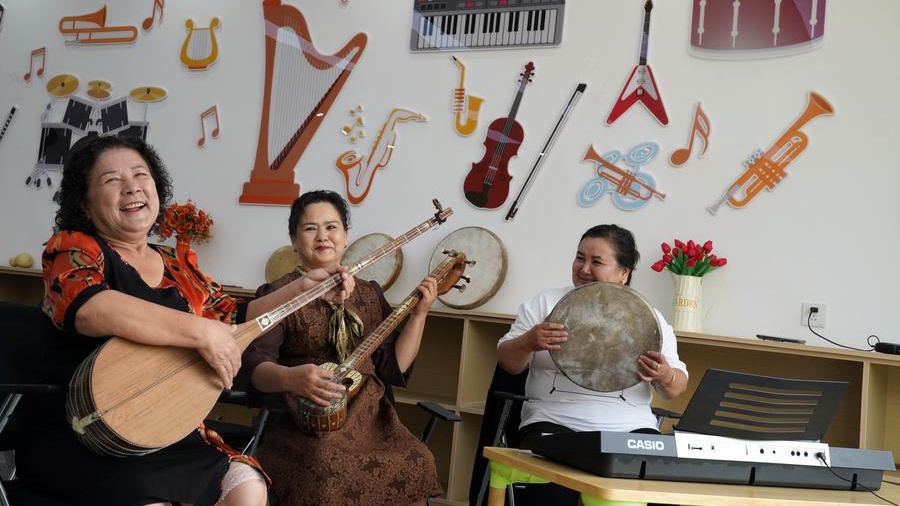
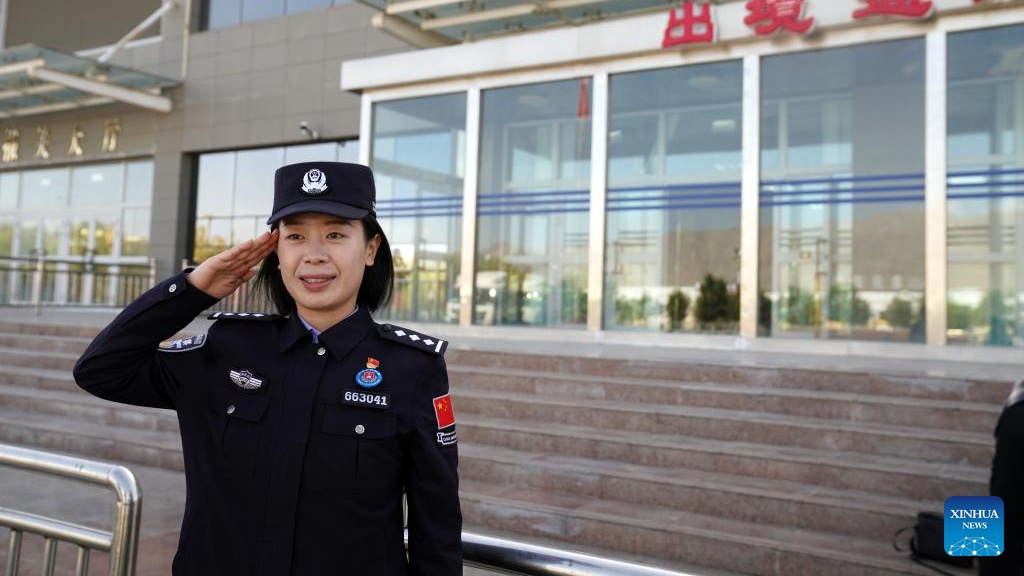
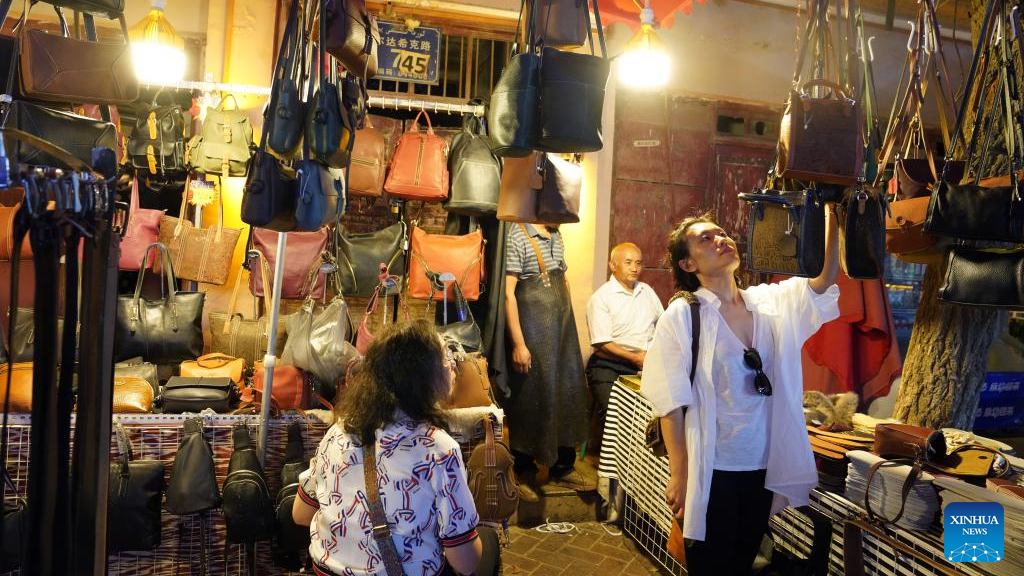

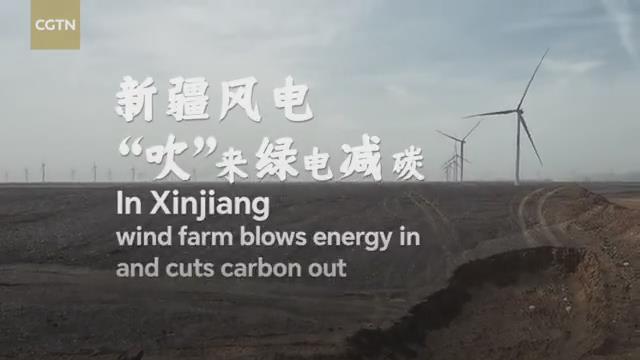

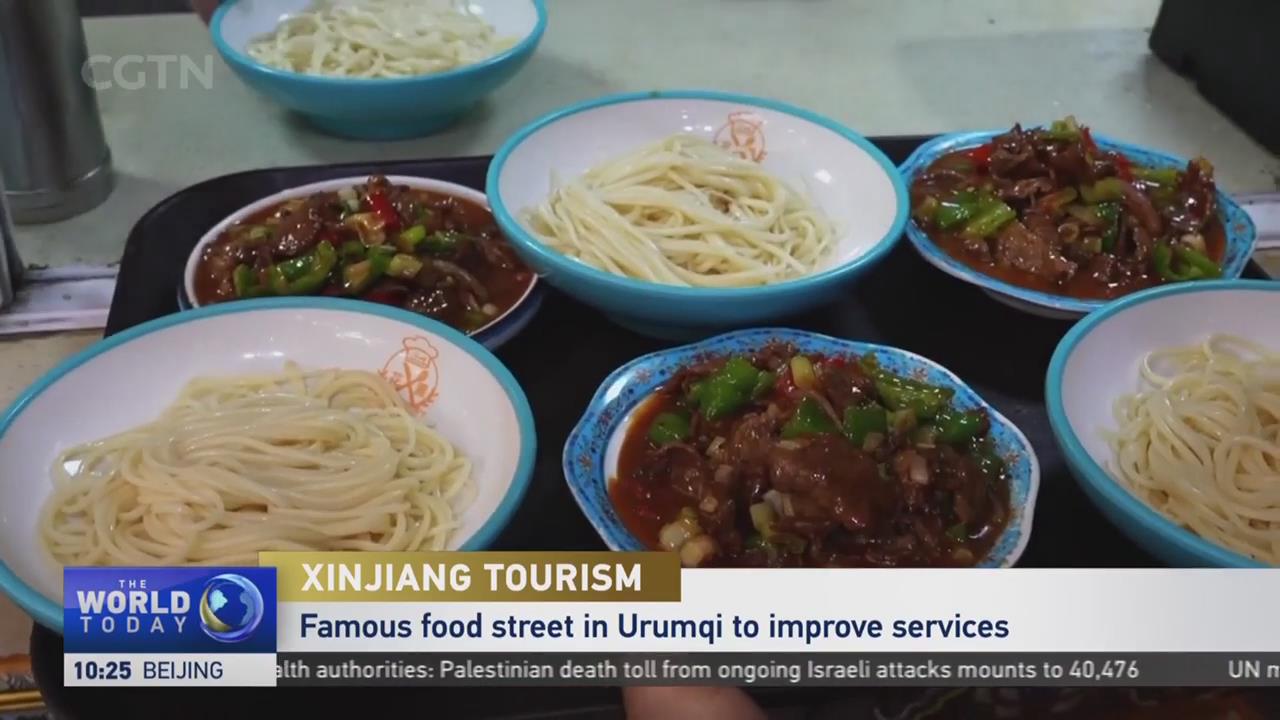

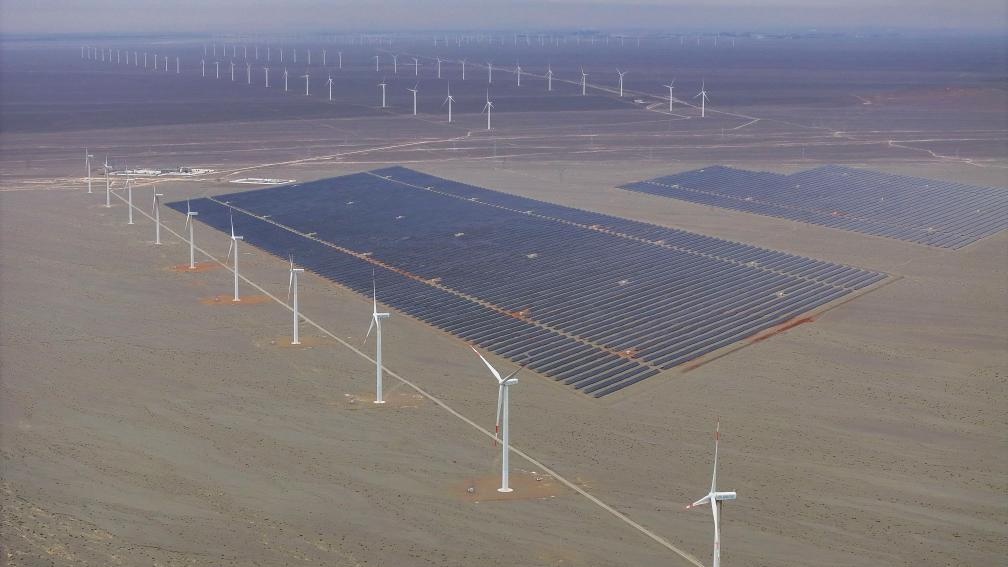
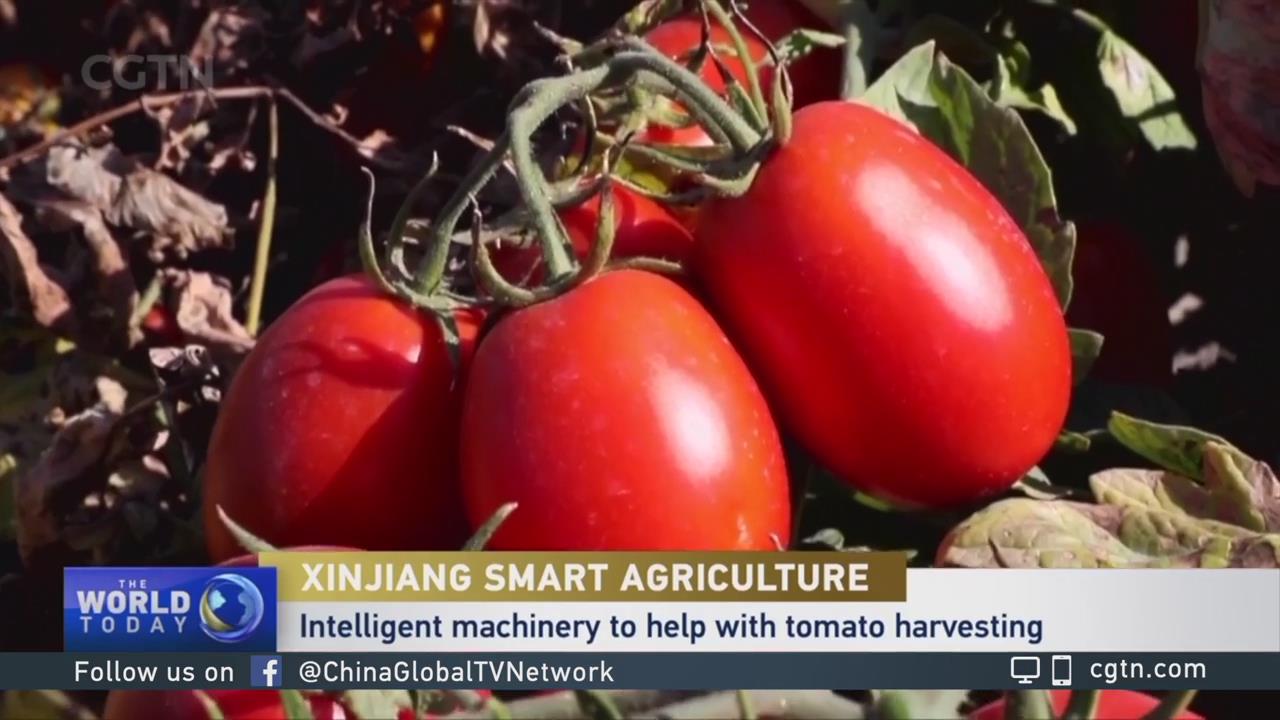
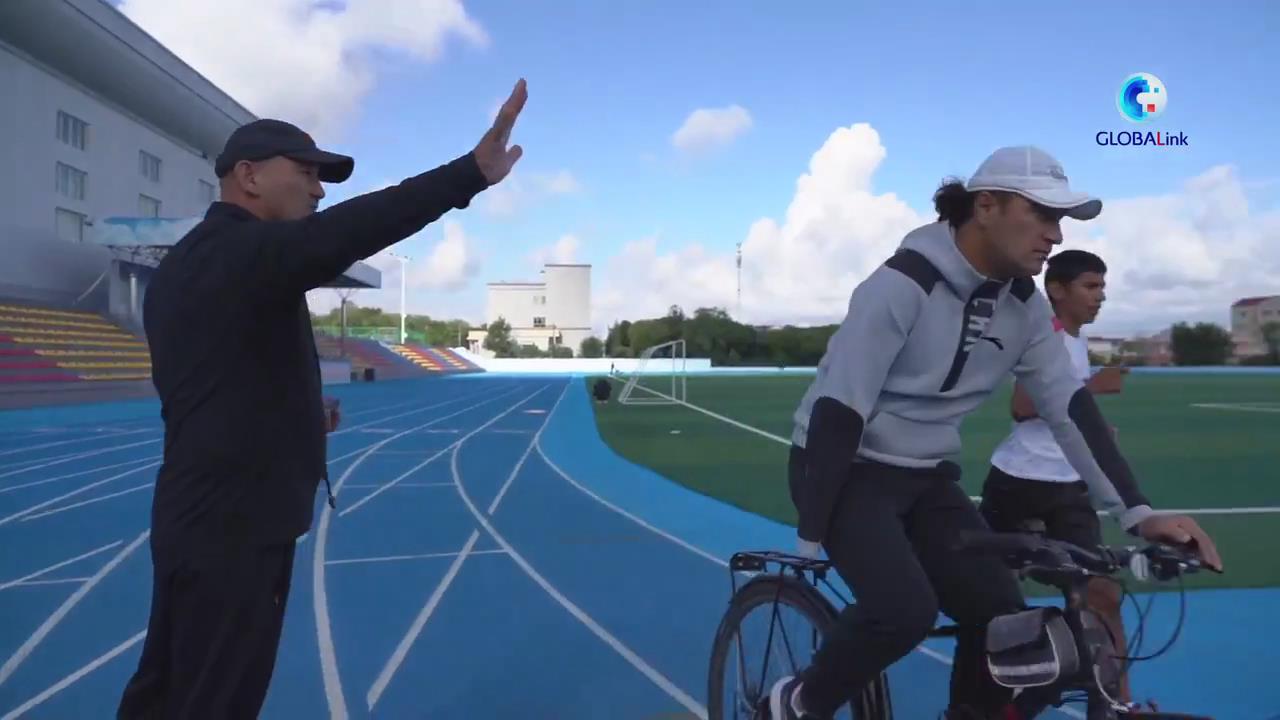
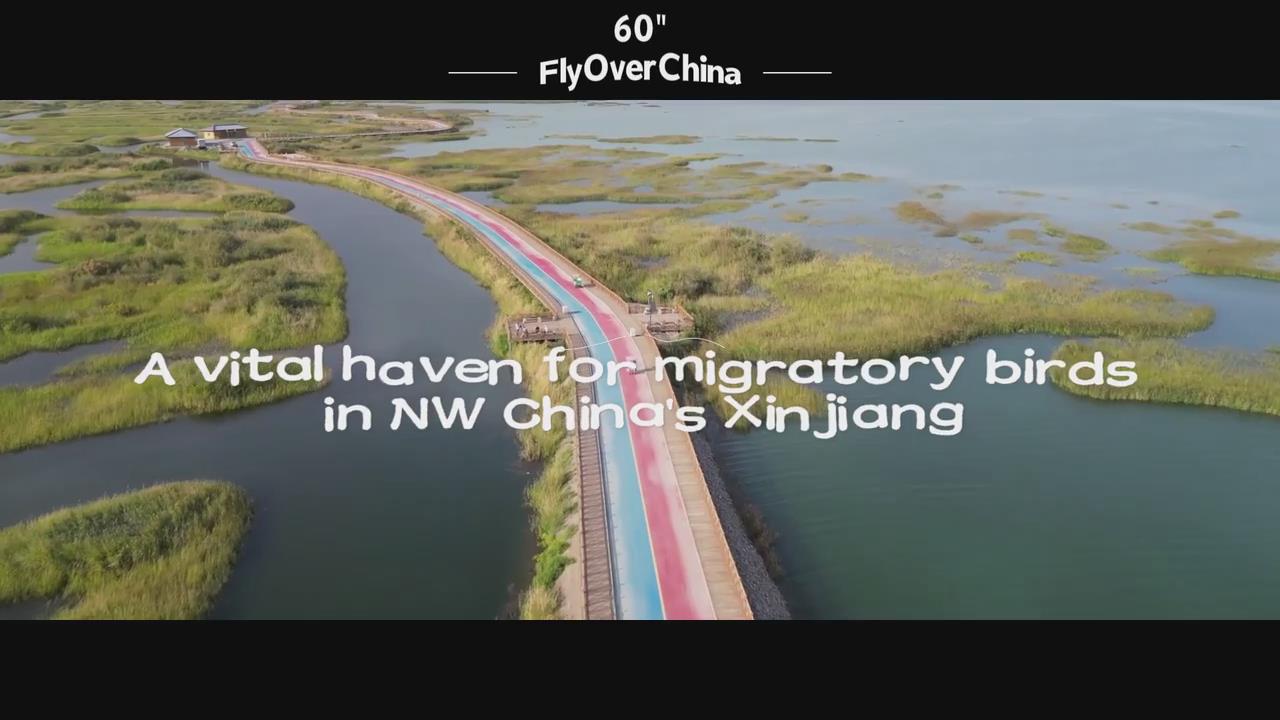

.jpg)



